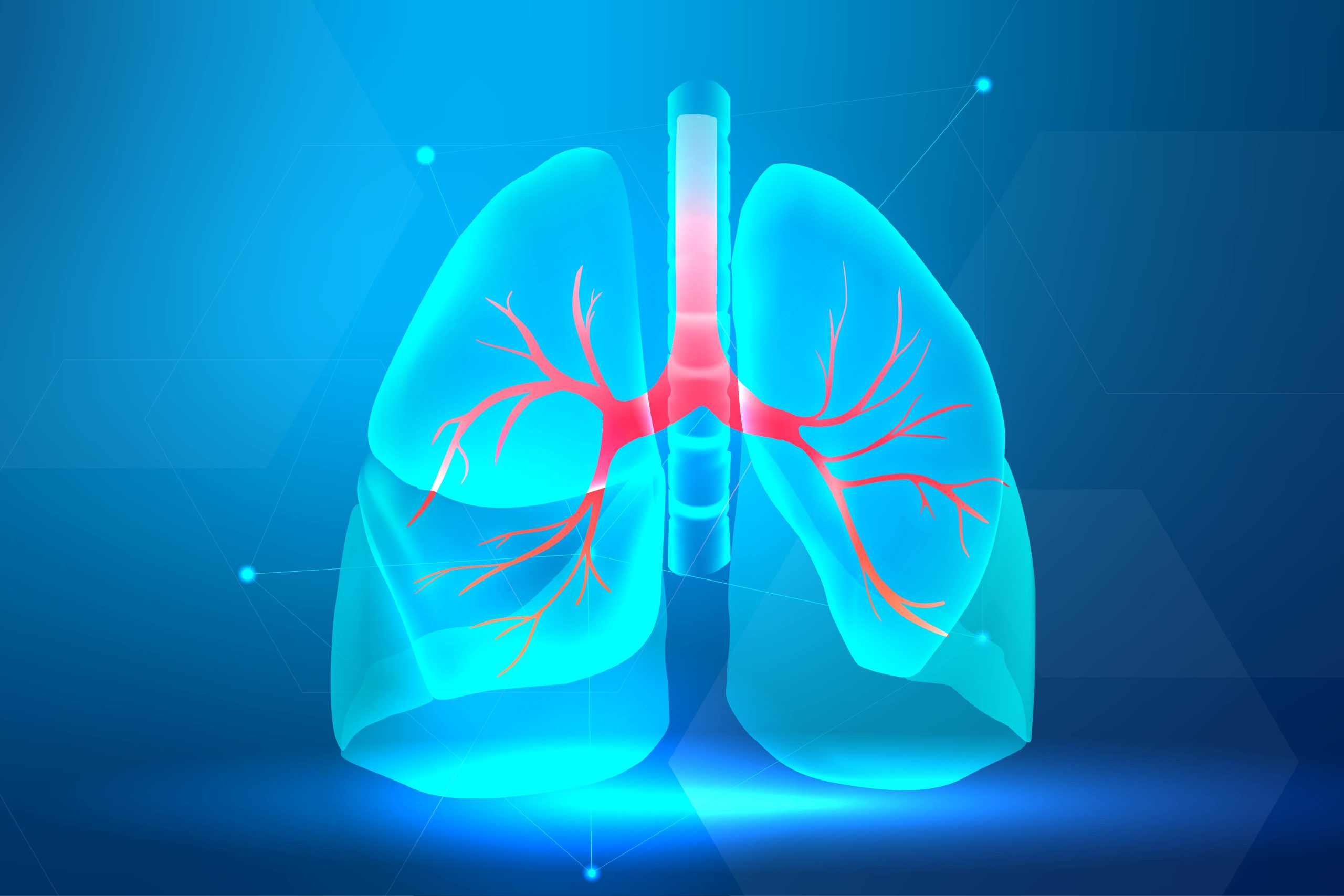Lung Cancer

Overview
Lung cancer is a type of cancer that starts in the cells of the lungs. It is one of the most common types of cancer and is responsible for more deaths than any other type of cancer. Lung cancer can occur in both men and women and is most commonly diagnosed in people over the age of 65.
There are two main types of lung cancer: non-small cell lung cancer (NSCLC) and small cell lung cancer (SCLC). NSCLC is the most common type of lung cancer, accounting for about 85% of all cases. SCLC is less common and tends to grow and spread more quickly than NSCLC.
Smoking is the leading cause of lung cancer, but it can also occur in people who have never smoked. Other risk factors include exposure to secondhand smoke, air pollution, radon gas, and a family history of lung cancer.
Symptoms
Persistent cough
Shortness of breath
Chest pain
Wheezing
Hoarseness
Fatigue
Unexplained weight loss
Treatments
The treatment of lung cancer depends on several factors, including the type and stage of the cancer, the person’s overall health, and their preferences. Here are some common treatment options for lung cancer:
- Surgery: Surgery is often the preferred treatment for early-stage lung cancer. It involves removing the cancerous tissue from the lung.
- Radiation therapy: Radiation therapy uses high-energy beams to kill cancer cells. It may be used alone or in combination with other treatments.
- Chemotherapy: Chemotherapy uses drugs to kill cancer cells. It is often used in combination with surgery and/or radiation therapy.
- Targeted therapy: Targeted therapy drugs target specific abnormalities in cancer cells that allow them to grow and spread. This treatment may be used for certain types of lung cancer.
- Immunotherapy: Immunotherapy uses drugs that help the body’s immune system fight cancer cells. It may be used alone or in combination with other treatments.
- Palliative care: Palliative care is focused on providing relief from symptoms and improving quality of life for people with advanced lung cancer.
It’s important to note that each person’s treatment plan will be different and will be determined by their healthcare provider based on their individual situation.
Lung cancer is a type of cancer that starts in the cells of the lungs.
- Persistent cough
- Shortness of breath
- Chest pain
- Wheezing





